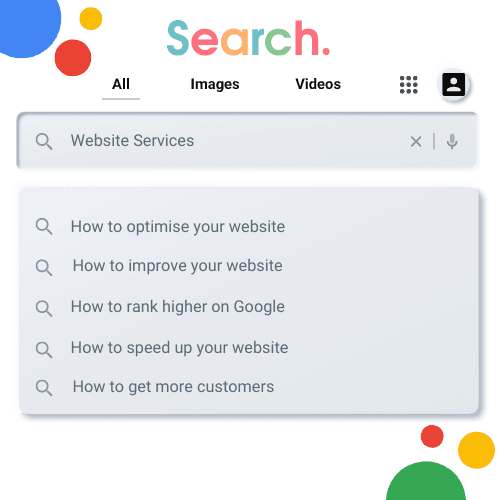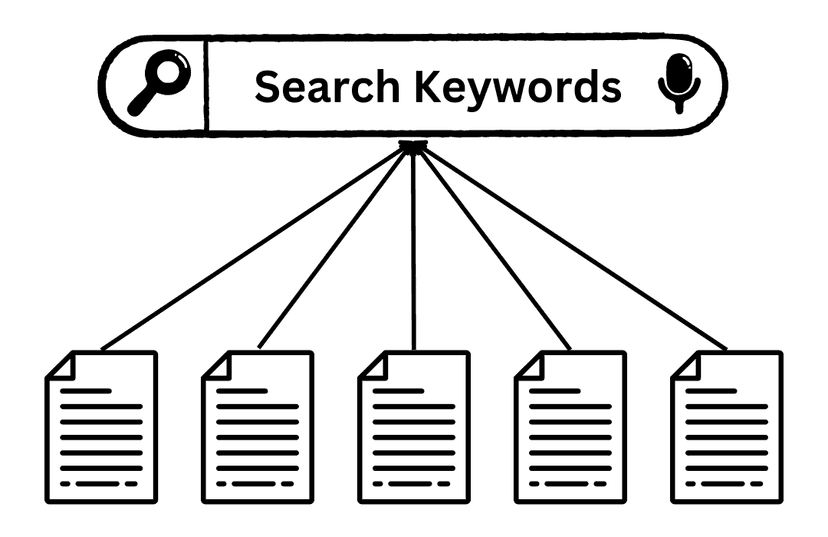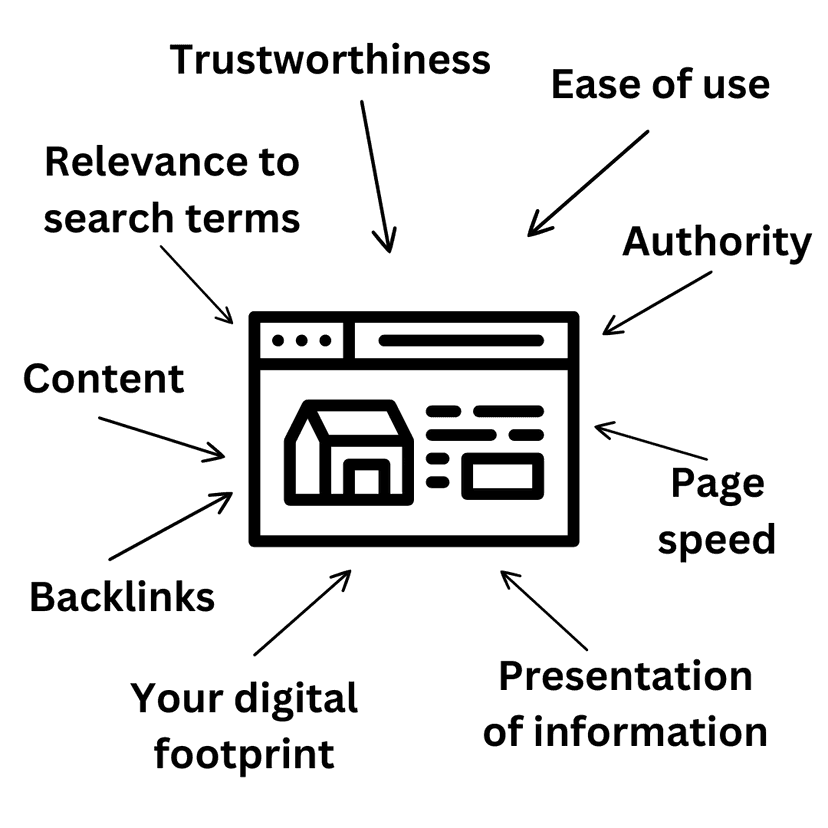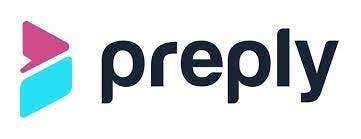How does Google work?

Imagine Google as the world's largest directory, used by millions of people each day to find anything from accountants, coffee shops, news and entertainment. In this directory exists every website and when you search for something it gives you a list of the most relevant results for your search terms.

Across the world Google has 8.5 billion searches per day! This is similar to having a certain number of people flipping through a business directory, looking for a business like yours. Obviously some searches are more popular but even just one search a day for keywords relevant to your business is another opportunity to get new customers on your website. If you're curious how many people are searching for your business, just send me an email with your main keywords (or just your website and I can figure it out) and I'll tell you the number of searches per month for your businesses main keywords.
Imagine Google as a librarian who needs to find and understand every book in the world. Crawling is the process where the search engine sends out robots or crawlers to discover new and updated content on the Internet. These could be webpages, images, videos, or any type of content. The crawlers start from a known set of web pages and follow links on those pages to find new pages, much like following references from one book to another.

Once the crawlers have found these pages, the search engine tries to understand what each page is about. This process is called indexing. The search engine analyzes the content of each page, such as the text, images, and video files, and stores this information in a huge database, called the index. Think of the index as a massive library catalog that holds a copy of every webpage the search engine has discovered. If a webpage is not in the index, it cannot appear in the search results.

When you perform a search, the search engine sifts through its index to provide the most relevant results for your query. This is the ranking process. The search engine uses algorithms (complex mathematical formulas) to determine the relevance of indexed pages to your search query. Factors can include the accuracy of the webpage's content to your query, the quality of the content, the number of other websites linking to the page, and many other criteria. The goal is to rank the most useful pages highest in the search results.

Google then needs to return a list of websites that are relevant to the search terms. Now, where your business appears in Google's listings can make a huge difference. Think of Google's first page as the prime real estate of this directory. Businesses listed here on the first page of results are more likely to be visited (or clicked), much like shops in the busiest part of town. Those further away don’t get a lot of visitors as people chose and trust the ones in the best location. The goal of Search Engine Optimization, or SEO, is to optimise your website for the search engine and help move your listing up to this busiest part of town.

Google decides who gets these prime spots based on a multitude of factors, but it boils down to two main things: relevance and authority. Relevance means how well your website matches what people are searching for. Authority is a bit like reputation; it's how trustworthy and credible Google thinks your site is compared to others.

SEO involves optimizing your website's content and structure so Google sees it as both relevant and authoritative. This can include making sure the information on your site is what people are looking for when they use your primary keyword or ensuring your site is easy to navigate and understand. It's also about making connections with other reputable sites, much like networking in the real world to build your reputation.
By improving how your website presents its information and ensuring it's packed with value for your visitors, we can signal to Google that your business deserves a spot at the top of the list. This isn't just about making your site look good; it's about making it the best answer to your potential clients' questions. As we adjust and enhance your site based on SEO principles, we make it more likely that Google will rank you above other businesses, leading those hundreds of monthly searchers directly to your doorstep.

Hi I'm Matt and I'm a website expert
For the last 10 years I've been building and improving websites for companies from FTSE 250 companies to small businesses. I am an SEO specialist, developer, AI and digital marketing enthusiast.





